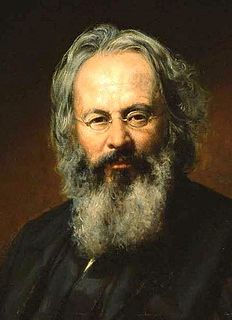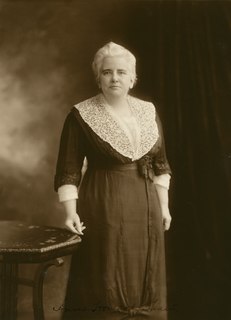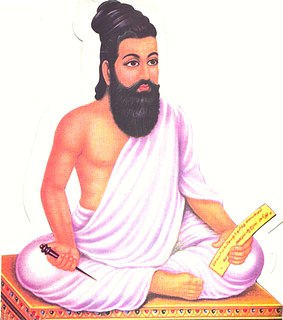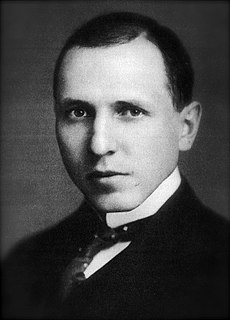A Quote by Orestes Brownson
If you would make a man happy, study not to augment his goods; but to diminish his wants. One of the greatest services Christianity has rendered the world has been its consecration of poverty, and its elevation of labor to the dignity of a moral duty.
Related Quotes
I have everything in the world that is necessary to happiness, good faith, good friends and all the work I can possibly do. I think God's greatest blessing to the human race was when He sent man forth into the world to earn his bread by the sweat of his face. I believe in toil, in the dignity of labor, but I also believe in adequate compensation for that toil.
How you make it in this world, for the most part, depends more on what you do as opposed to whether people like or dislike you. In order to produce a successful life, one must find ways to please his fellow man. That is, find out what goods and services his fellow man values, and is willing to pay for, and then acquire the necessary skills and education to provide it.
Man's chief difference from the brutes lies in the exuberant excess of his subjective propensities his preeminence over them simply and solely in the number and in the fantastic and unnecessary character of his wants, physical, moral, aesthetic, and intellectual. Had his whole life not been a quest for the superfluous, he would never have established himself as inexpugnably as he has done in the necessary.
The villager, born humbly and bred hard,
Content his wealth, and poverty his guard,
In action simply just, in conscience clear,
By guilt untainted, undisturb'd by fear,
His means but scanty, and his wants but few,
Labor his business, and his pleasure too,
Enjoys more comforts in a single hour
Than ages give the wretch condemn'd to power.
No civilisation, not even that of ancient Greece, has ever undergone such a continuous and profound process of change as Western Europe has done during the last 900 years. It is impossible to explain this fact in purely economic terms by a materialistic interpretation of history. The principle of change has been a spiritual one and the progress of Western civilisation is intimately related to the dynamic ethos of Western Christianity, which has gradually made Western man conscious of his moral responsibility and his duty to change the world.
In my acquaintance with John Rawls, I found him to be a simple and honest man, who just by chance also happened to be the greatest moral philosopher of the twentieth century. I would like to think that I could emulate at least his modesty - his refusal to exaggerate his perception of himself and his place in the larger scheme of things - even if my work never compares with his in its importance.
No one is without Christianity, if we agree on what we mean by that word. It is every individual's individual code of behavior by means of which he makes himself a better human being than his nature wants to be, if he followed his nature only. Whatever its symbol - cross or crescent or whatever - that symbol is man's reminder of his duty inside the human race.



































